
Sesame seeds have been utilized in folk medicine for thousands of years effectively, especially for Heart, diabetes, and arthritis protection. Here are 12 scientifically proven health benefits of sesame seeds -
1. High in fiber
Unhulled sesame seeds contain 3.5 grams of fiber. The average fiber intake for an adult is only half of the, so eating sesame seeds regularly may help to maintain an excellent digestive system. Fiber is known to help the digestive system. Fiber may also help prevent heart disease, certain cancers, obesity, and type 2 Diabetes.
2. Reduces Cholesterol and Triglyceride
Sesame seeds contain more polyunsaturated and monounsaturated fats than saturated fats. Therefore, Sesame seeds may help lower high cholesterol and triglycerides, both of which are risk factors for heart disease.
Sesame seeds also include two plant components that may help decrease cholesterol: lignans and phytosterols.
3. Good Plant Protein Source
3 tablespoons (30 g) of sesame seeds provide 5 g of protein. For maximum protein bioavailability, choose hulled, roasted sesame seeds. The hulling and roasting reduce oxalates and phytates, which slow digestion and protein absorption.
Sesame seeds are also high in methionine and cysteine, two amino acids lacking in legumes.
4. Lowers blood pressure
High in magnesium, sesame seeds may help decrease blood pressure. Sesame seeds' lignans, vitamin E, and other antioxidants may help keep arteries clear of plaque and blood pressure normal.
5. Promotes Bone Health
Both unhulled and hulled sesame seeds include elements that promote bone health. Sesame seeds contain bone-friendly minerals like calcium, magnesium, manganese, and zinc.
6. Reduces Inflammation
Sesame seeds may reduce swelling. Chronic low-level inflammation may contribute to obesity, cancer, heart and renal disorders.
7. Aids in Blood Cell Growth
Sesame seeds include iron, copper, and vitamin B6, all essential for blood cell production. These elements help in the formation of hemoglobin.
8. Aids Blood Sugar Control
Sesame seeds are low in carbs, high in protein and good fats, and may help manage blood sugar. Pinoresinol, a chemical found in these seeds, may help manage blood sugar by inhibiting the digesting enzyme maltase. Maltase breaks down maltose, a sugar used in several foods. It's also made in your intestines when you eat starchy meals like bread or spaghetti. Pinoresinol may reduce blood sugar levels by inhibiting maltose digestion.
9. Antioxidant-rich
Consumption of sesame seeds may boost blood antioxidant activity in both animals and humans. They are antioxidants that help fight oxidative stress, a chemical reaction that can harm cells and increase the risk of chronic diseases. Sesame seeds also contain gamma-tocopherol, an antioxidant that may help prevent heart disease.
10. Immune System Support
Zinc, selenium, copper, iron, vitamin B6, and vitamin E are all found in sesame seeds. For example, your body needs zinc to produce and activate white blood cells that detect and destroy pathogens. Remember that even a minor zinc deficiency might impair immune system function.
11. Relieve Knee Arthritis
Osteoarthritis is the most common cause of knee discomfort. Arthritis is caused by inflammation and oxidative damage to the cartilage that cushions joints. Sesamin, an anti-inflammatory and antioxidant component in sesame seeds, may help protect cartilage, help lessen knee arthritis discomfort and improve mobility.
12. Promote Thyroid Health
Unhulled and hulled sesame seeds both provide selenium. In your body, only the thyroid gland has the highest concentration of selenium and it also contributes to the production of thyroid hormones. Sesame seeds also include iron, copper, zinc, and vitamin B6, which help produce thyroid hormones and maintain thyroid function.
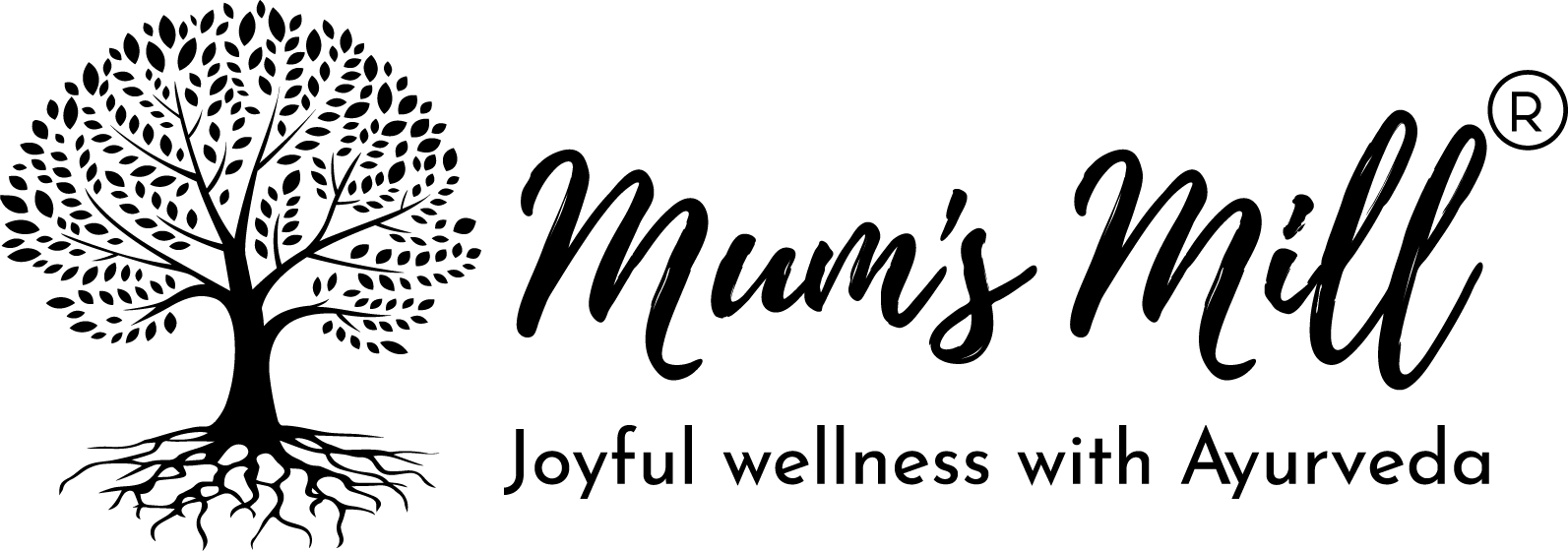



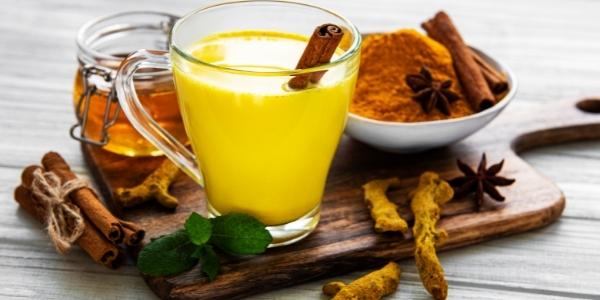
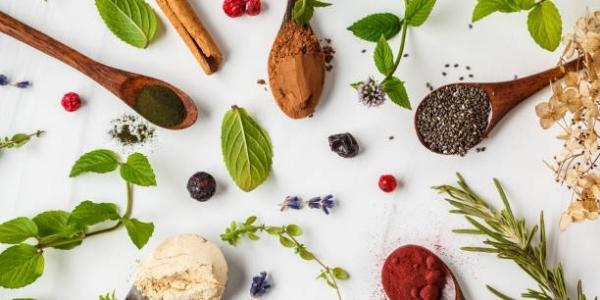

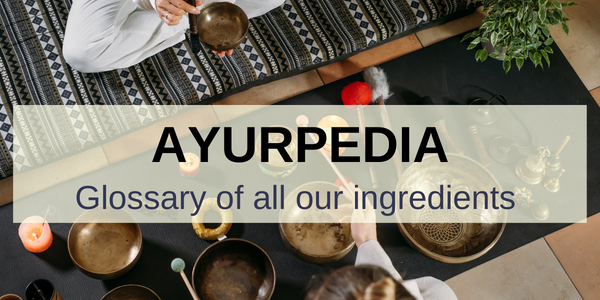


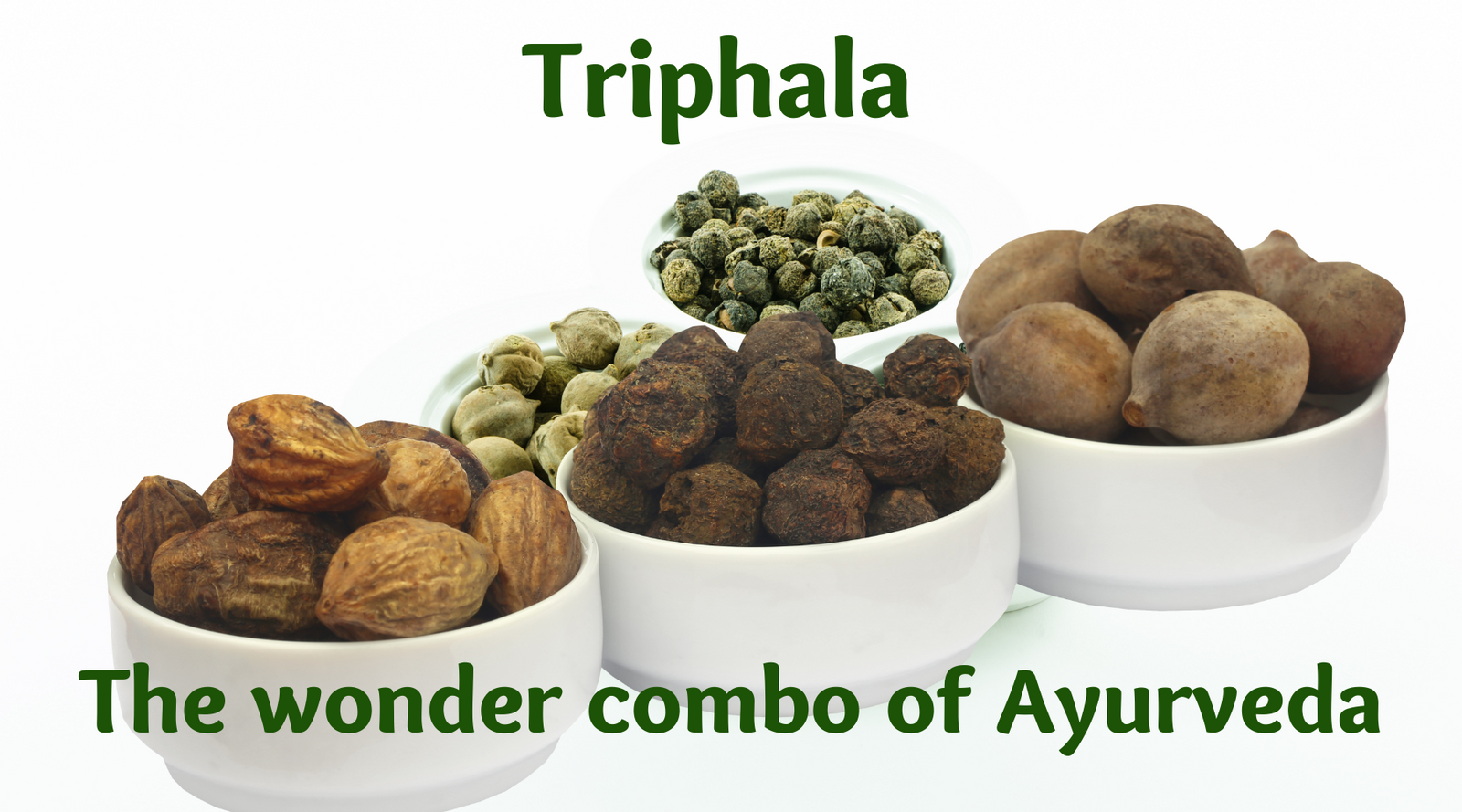
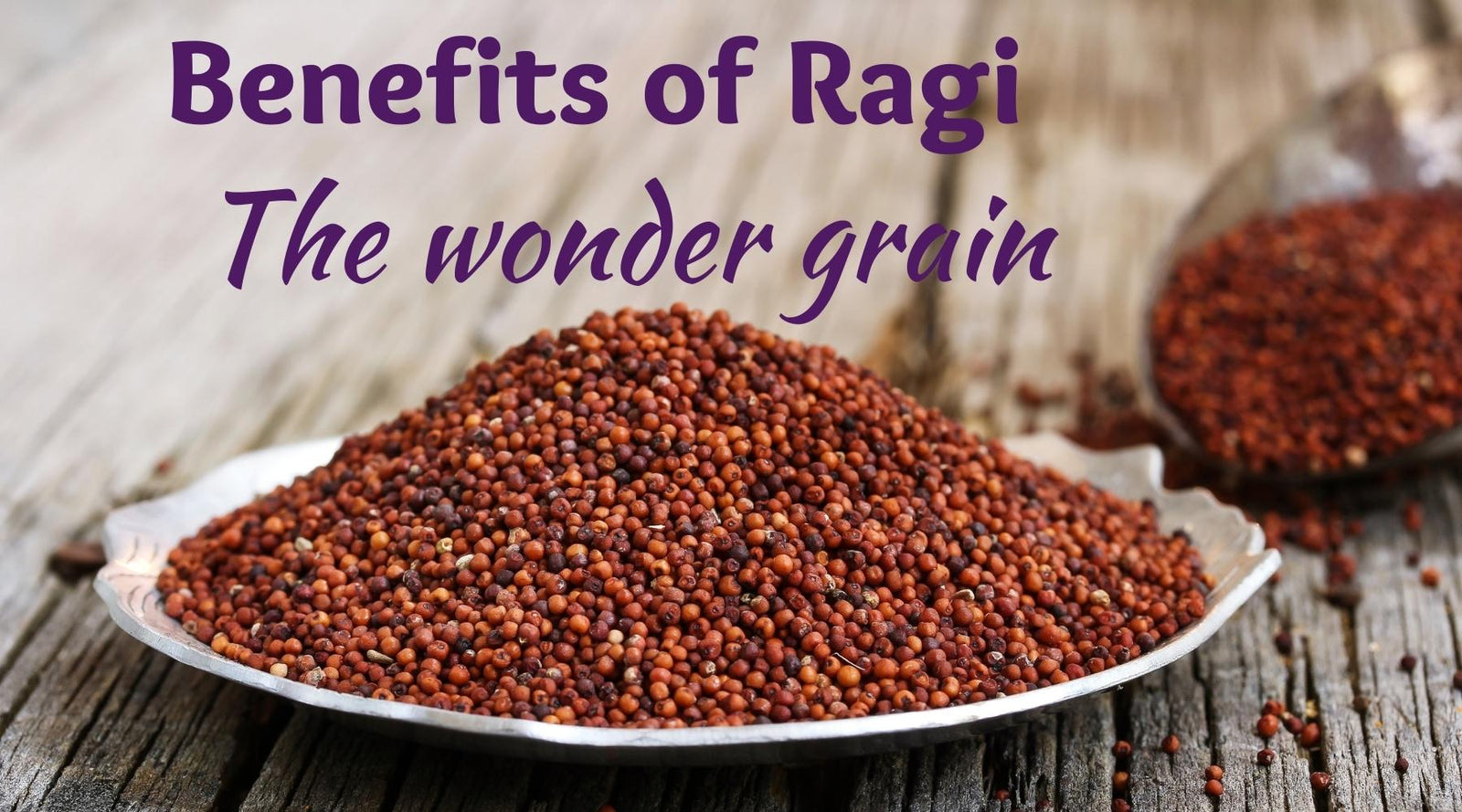
Leave a comment (all fields required)